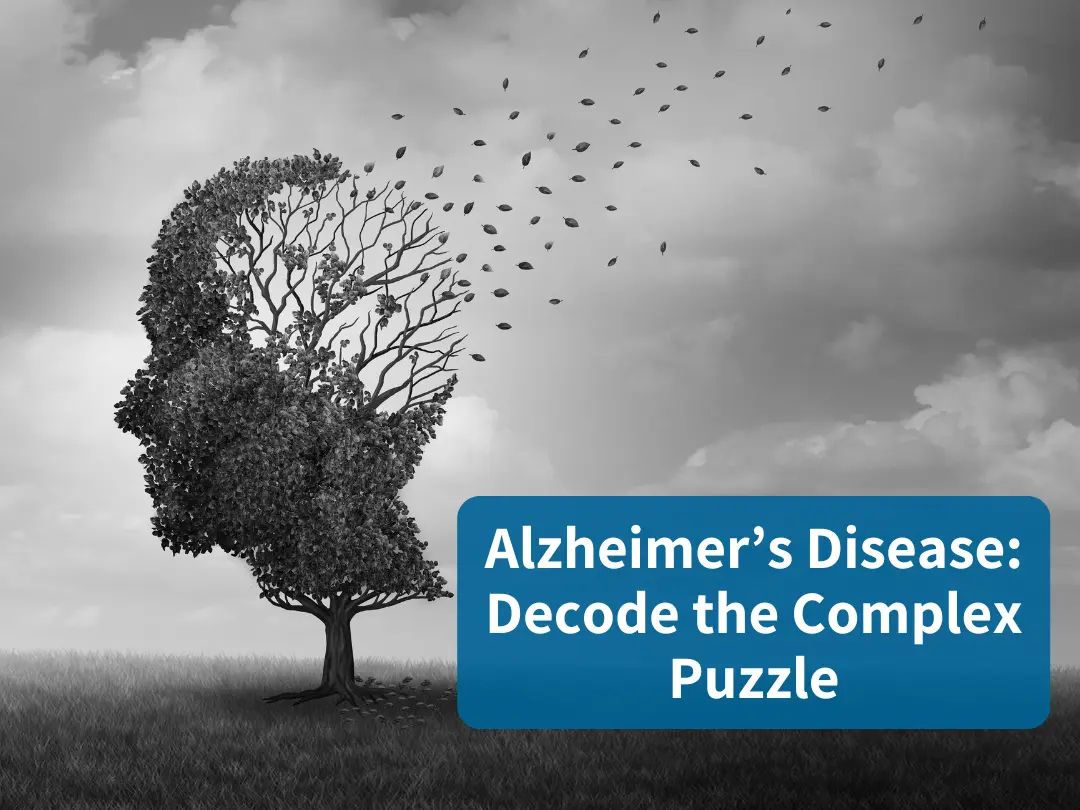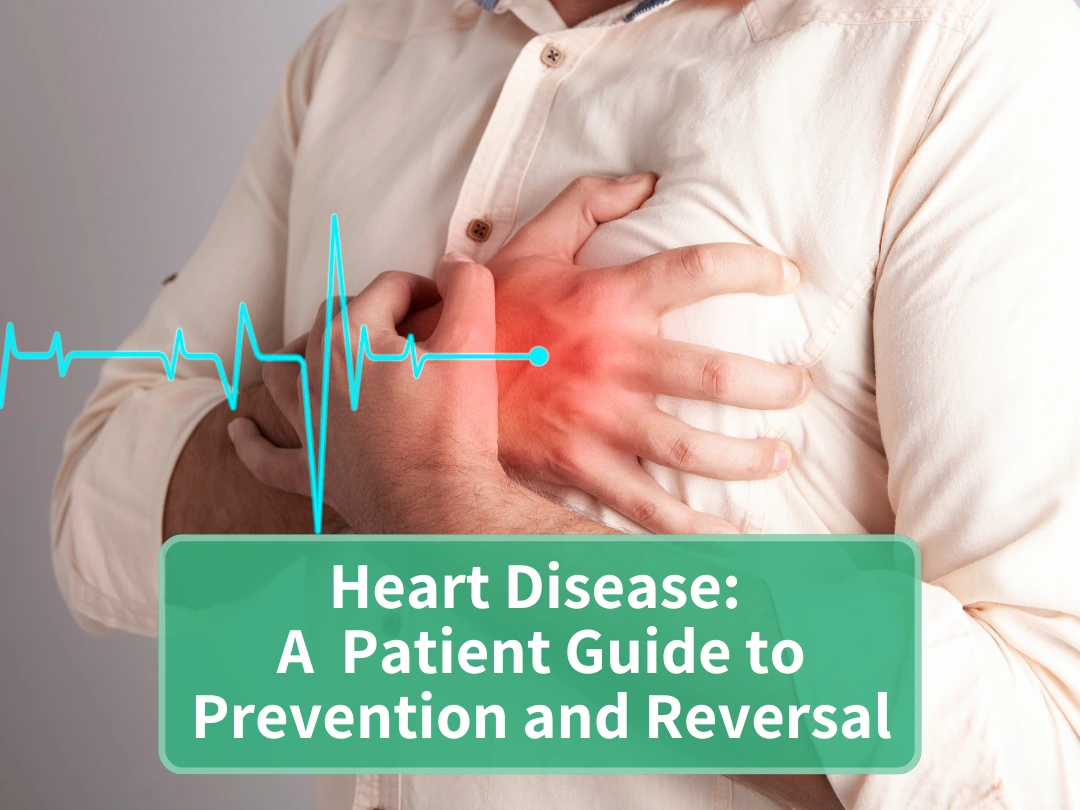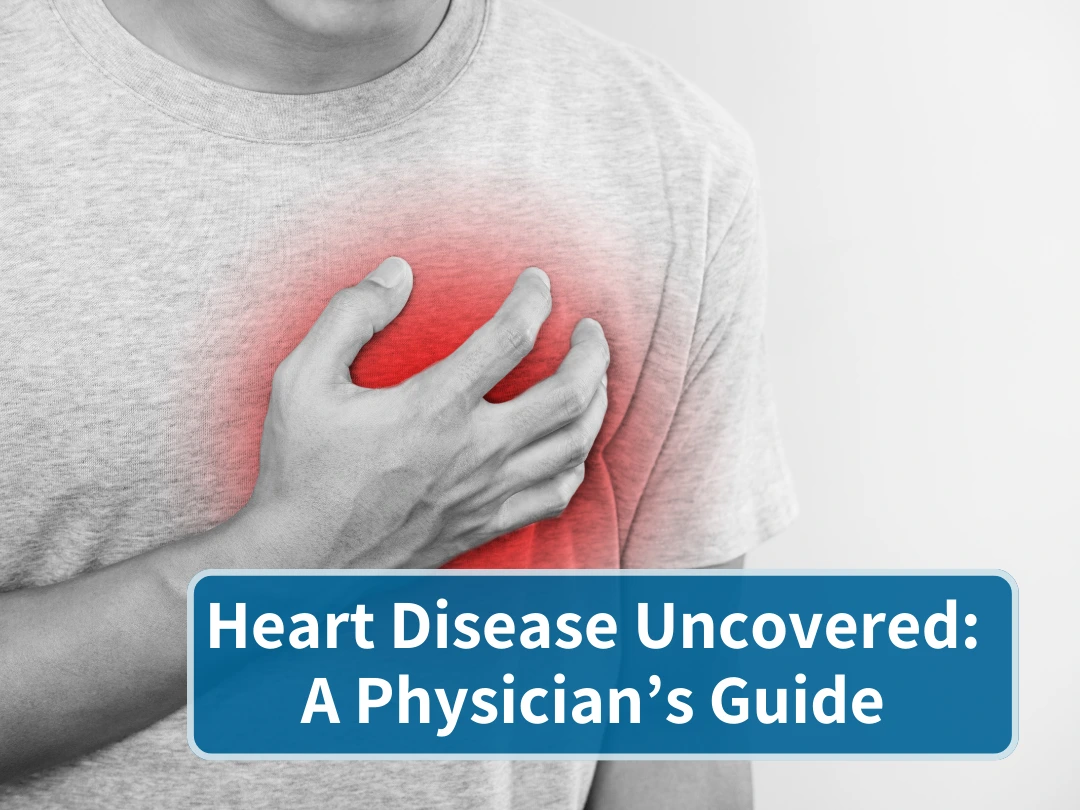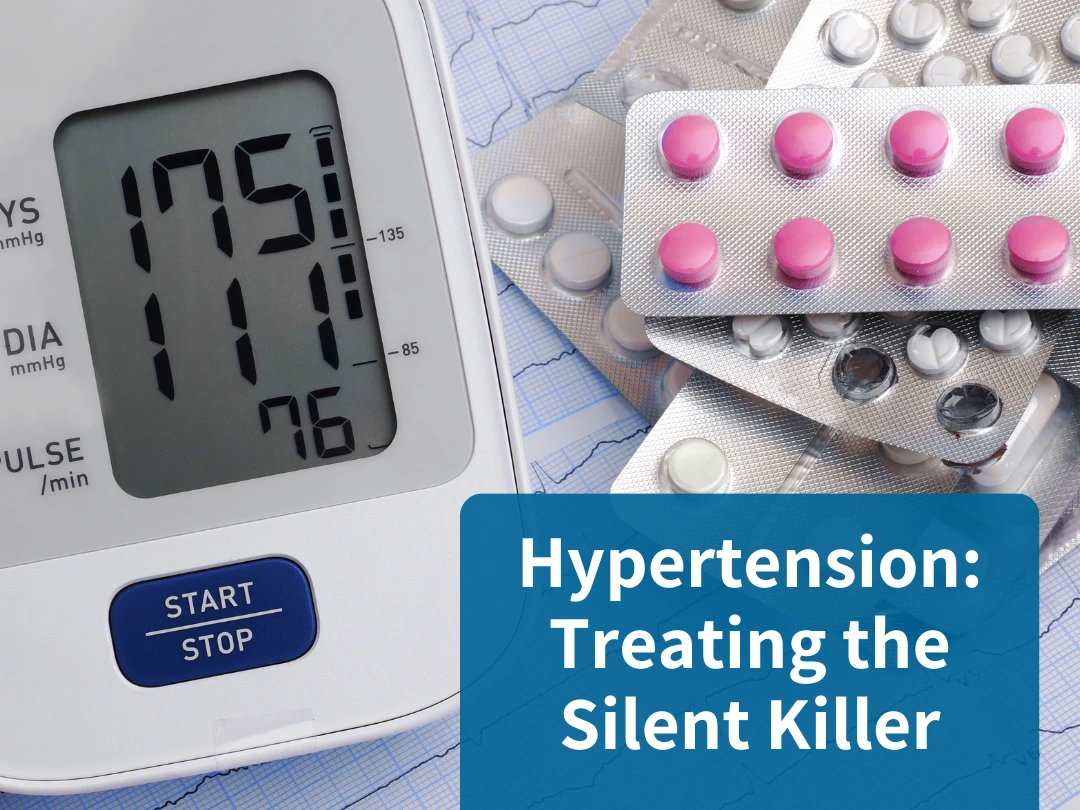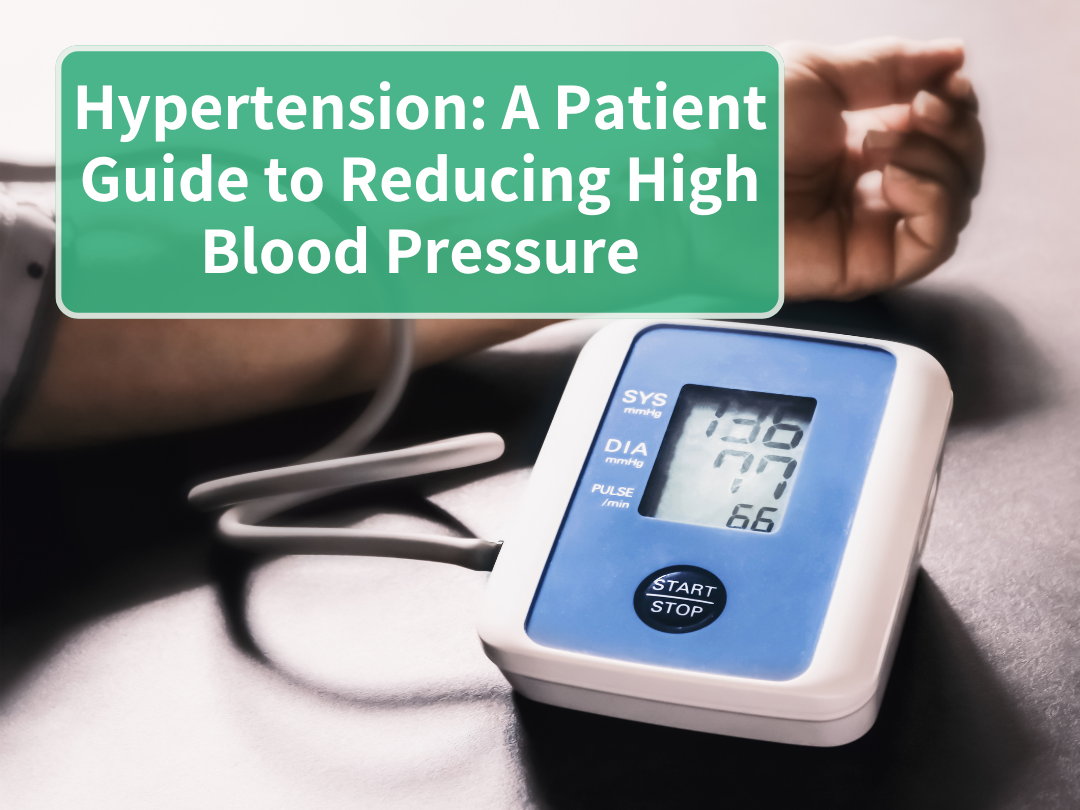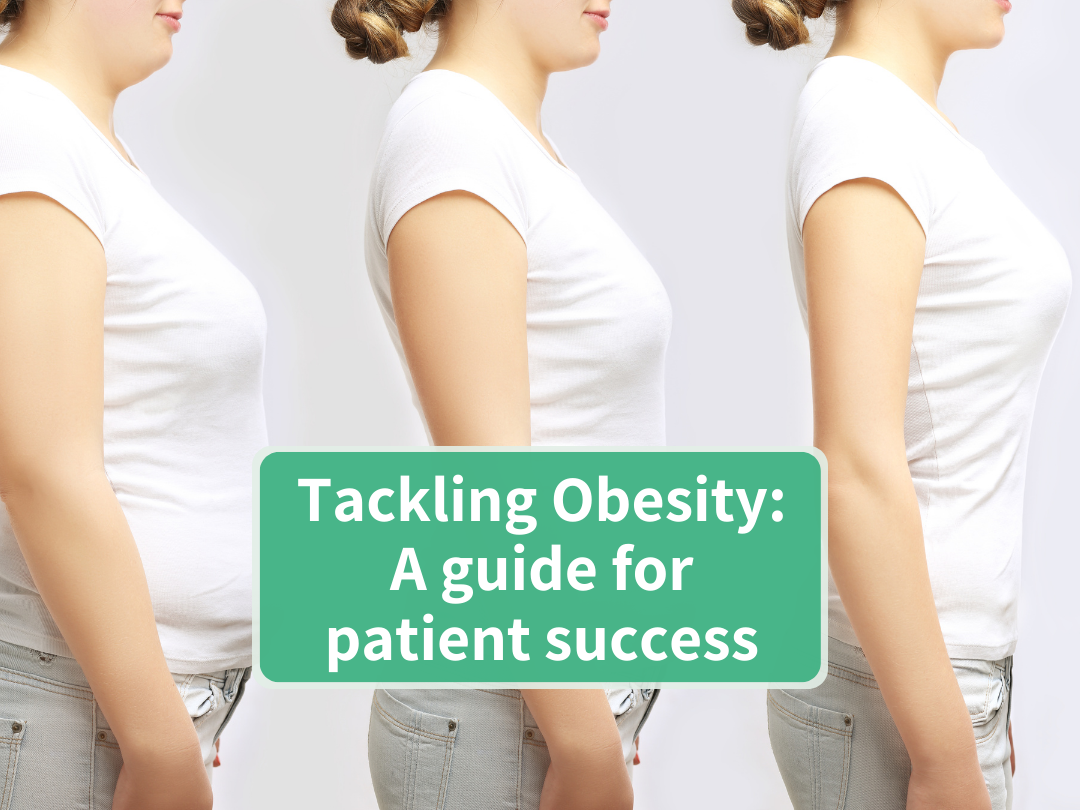
Carbohydrates: A Complex or Simple Matter?
Roberta Alessandrini, PhD, translated and adapted the following content from this PAN Israel blog article.
Carbohydrates are one of the macronutrients essential for the body, needed in relatively large quantities. They play a crucial role in providing energy and supporting the function of various organs, including the central nervous system.
Why are people scared of consuming carbohydrates?

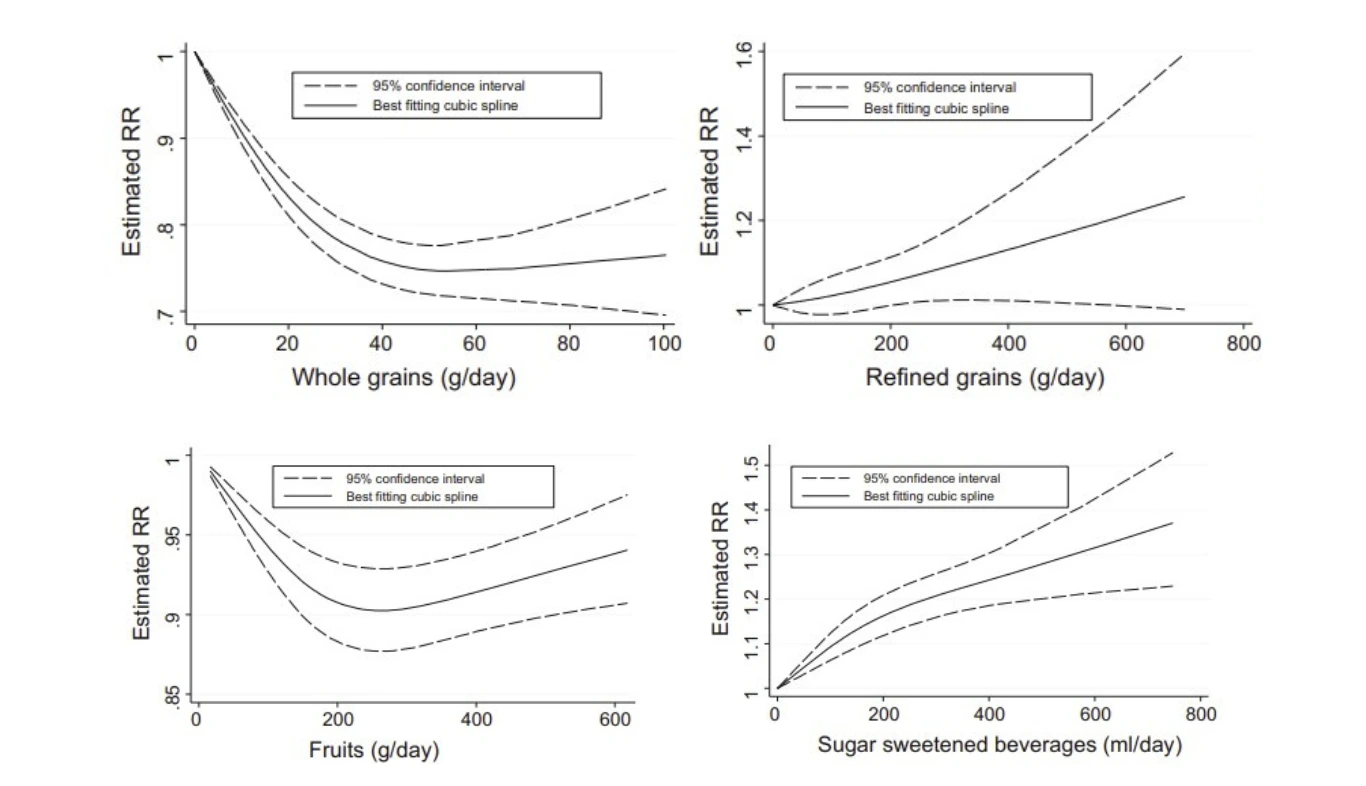
Figure 1: Non-linear dose-response relation between daily intakes of selected food groups and type 2 diabetes risk. From Schwingshackl et al., 2017
What is the recommended carbohydrate intake?

Figure 2: U-shaped association between the percentage of energy from carbohydrates and all-cause mortality in the ARIC cohort. From Seidelmann et al., 2018
Within the same study, the researchers compared their findings with similar cohort studies and with recent high-quality meta-analyses. The results were clear: individuals who consumed 50-60% of calories as carbohydrates had a lower risk of mortality than those consuming a lower percentage of calories from carbohydrates.

The review concluded that low‐carbohydrate weight-reducing diets show little difference in weight loss compared to balanced‐carbohydrate weight-reducing diets. No notable differences were found in LDL cholesterol levels and diastolic blood pressure between the intervention of low-carbohydrate diets and balanced carbohydrate diets. The arm including low-carbohydrates diets produced a small but significant difference in weight reduction (1-2 Kg) in the short term compared to balanced-carb diets, but this difference was not present in longer-term studies. The authors suggested that the slight difference in weight might be attributable to reduced body fluid stores due to lower body glycogen content in low-carbohydrate diets (5).
The authors highlighted that low‐carbohydrate diets are implemented differently, but they can often restrict healthy foods such as whole grains, legumes, and other carbohydrate‐containing foods, such as dairy, most fruit and certain vegetables. In these diets, these foods are typically replaced with foods higher in saturated fat and protein, such as meats, eggs, cheese, butter, cream, and oils. Some low‐carbohydrate diets recommend eating as desired, while others recommend restricting the amount of energy eaten. On the other hand, diets with moderate amounts of carbohydrates, protein and fats (in line with current healthy eating advice from the World Health Organization) include plenty of healthy whole plant-based foods and can be safely used for weight reduction (6). People can reduce their calorie intake by reducing their portion size and choosing options with a reduced energy density (e.g. boiled potatoes instead of fried potatoes).
What are the recommendations from dietary guidelines worldwide regarding carbohydrate intake?
In the United States, the Dietary Guidelines for Americans recommend that carbohydrates should make up 45-65% of total daily calorie intake (7). This range allows flexibility in meeting individual nutritional needs and preferences. Similarly, the recent World Health Organization (WHO) suggests that carbohydrates should constitute 55-75% of the total energy intake for adults (6). These recommendations emphasise the importance of choosing whole grains, fruits, vegetables, and legumes as primary sources of carbohydrates.
The German Nutrition Society (DGE) recommends that carbohydrates should contribute 45-55% of total daily energy intake (8). The DGE recommends consuming various carbohydrate-rich foods such as whole grains, potatoes, legumes, fruits, and vegetables to ensure an adequate intake of essential nutrients and dietary fibre.
Do people eat the recommended intake of carbohydrates?

The bottom line
Carbohydrates have positive health implications and are vital for energy and organ function. It is important to recognize that not all carbohydrates are created equal, as their quality and source can significantly impact health outcomes. Whole plant foods such as whole grains, legumes, tubers, fruit and vegetables are excellent sources of dietary fibre, vitamins, minerals, and phytochemicals. Contrary to common belief, low-carbohydrate diets do not result in significantly greater weight loss than balanced carbohydrate diets.
Further information
Diet and Diabetes: Carbohydrate Consensus vs Controversy by Christopher Gardner, PhD.
The following video is a webinar recording from April 13, 2022, as part of our webinar series “A Taste of Healthcare”. Get access to our full library of webinar recordings by becoming a PAN Member. Find out more here.

Making better physicians
Ready to improve your nutrition knowledge?
Sign up for the PAN Academy and take our free online courses on nutrition science.
Mini Modules on Diet-Related Diseases
This series of short modules addresses common diet-related diseases such as heart disease, hypertension and type 2 diabetes. Learn the causes and which patients are at risk, and find out practical solutions to managing these diseases through whole food, plant-based eating.



Making better physicians
Ready to improve your nutrition knowledge?
Sign up to the PAN Academy and take our free online courses on nutrition science.
Mini Modules on Diet-Related Diseases
This series of short modules addresses common diet-related diseases such as heart disease, hypertension and type 2 diabetes. Learn the causes and which patients are at risk, and find out practical solutions to managing these diseases through whole food, plant-based eating.
References List:
- Monteiro C, Cannon G, Lawrence M, Louzada ML, Machado P. FAO. Ultra-processed foods, diet quality, and health using the NOVA classification system. 2019 Aug 1;
- Schwingshackl L, Hoffmann G, Lampousi AM, Knüppel S, Iqbal K, Schwedhelm C, et al. Food groups and risk of type 2 diabetes mellitus: a systematic review and meta-analysis of prospective studies. Eur J Epidemiol. 2017 May;32(5):363–75.
- O’Hearn M, Lara-Castor L, Cudhea F, Miller V, Reedy J, Shi P, et al. Incident type 2 diabetes attributable to suboptimal diet in 184 countries. Nat Med. 2023 Apr;29(4):982–95.
- Seidelmann SB, Claggett B, Cheng S, Henglin M, Shah A, Steffen LM, et al. Dietary carbohydrate intake and mortality: a prospective cohort study and meta-analysis. Lancet Public Health. 2018 Sep 1;3(9):e419–28.
- Naude CE, Brand A, Schoonees A, Nguyen KA, Chaplin M, Volmink J. Low‐carbohydrate versus balanced‐carbohydrate diets for reducing weight and cardiovascular risk. Cochrane Database Syst Rev [Internet]. 2022 [cited 2023 Jun 13];(1). Available from: https://www.cochranelibrary.com/cdsr/doi/10.1002/14651858.CD013334.pub2/full
- Carbohydrate intake for adults and children: WHO guideline [Internet]. [cited 2023 Sep 29]. Available from: https://www.who.int/publications-detail-redirect/9789240073593
- Home | Dietary Guidelines for Americans [Internet]. [cited 2023 Jun 13]. Available from: https://www.dietaryguidelines.gov/
- DGE-Positionspapier-Richtwerte-Energiezufuhr-KH-und-Fett.pdf [Internet]. [cited 2023 Jun 13]. Available from: https://www.dge.de//fileadmin/Dokumente/WISSENSCHAFT/Positionspapiere/DGE-Positionspapier-Richtwerte-Energiezufuhr-KH-und-Fett.pdf
- ChartsBin. ChartsBin. [cited 2023 Jun 21]. Contribution of Carbohydrates in Total Dietary Consumption. Available from: http://chartsbin.com/view/1154
- Shan Z, Rehm CD, Rogers G, Ruan M, Wang DD, Hu FB, et al. Trends in Dietary Carbohydrate, Protein, and Fat Intake and Diet Quality Among US Adults, 1999-2016. JAMA. 2019 Sep 24;322(12):1178–87.
Recent posts
Alzheimer’s Disease: Decode the Complex Puzzle
Alzheimer’s is a complex puzzle. Learn about genetic factors and how recommending a whole food, plant-based diet can elevate patient care.
A Patient Guide to Outsmarting Alzheimer’s Disease
Learn how dietary choices impact Alzheimer’s risk. Discover measures that can slow progression and reduce its effects.
Easy Plant-Based Swaps
Make your transition to a whole food, plant-based diet stick. Explore delicious and easy plant-based swaps to add more plants to your plate.
Manage Your Rheumatoid Arthritis With Diet
Manage rheumatoid arthritis naturally with a plant-based diet. Reduce inflammation, ease joint pain, and improve your overall health.
Rheumatoid Arthritis and Diet: A Physician’s Guide
Rheumatoid Arthritis and Diet: A Physician’s GuideBy Carlijn Wagenaar, MD and Wendy Walrabenstein, RD from PAN The...
Heart Disease: A Patient Guide to Prevention and Reversal
Discover how to prevent and reverse heart disease. Learn about the advantages of lifestyle changes with a whole food plant-based diet.
Heart Disease Uncovered: A Physician’s Guide
Uncover the secrets to prevent and reverse heart disease. Learn how a whole food plant-based diet can help patients lead a heart-healthy life.
Treating the Silent Killer: Hypertension Insights and Solutions
Explore the power of plant-based diets in managing hypertension. Empower your patients to take control of their blood pressure readings.
Hypertension: A Patient Guide to Reducing High Blood Pressure
Is high blood pressure dangerous? What can you do to manage hypertension and reduce your risk of other related diseases?
Tackling Obesity: A Guide For Patient Success
Discover a proven method to overcome the shackles of obesity. Lose weight and regain your zest for life with this simple strategy.

